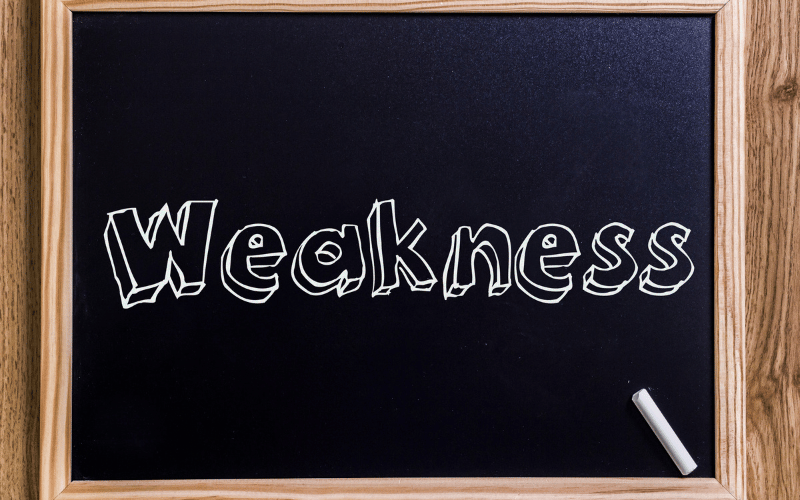Introduction: The Silent Alarm Bells of ALL

Acute Lymphoblastic Leukemia (ALL) might not be a household name for many, but understanding its symptoms can make all the difference. We all experience fatigue, maybe a bruise here and there, or perhaps a headache that doesn’t seem to quit. But when do these common ailments hint at something more severe? This article will delve into the world of ALL, shining a spotlight on those symptoms that, while might appear mundane, could be indicative of this critical medical condition.
ALL is a type of blood cancer that emerges from the early version of white blood cells in the bone marrow. What sets it apart from other conditions is its rapid progression. Such swift advancement demands immediate intervention, and recognizing the symptoms becomes the first line of defense. The key here is to differentiate between the usual daily health hiccups we all face and the persistent, unexplained signs that ALL might be throwing your way.
Consider this: How often have you dismissed a simple bruise or overlooked recurring infections? Perhaps you’ve attributed weight loss to dietary changes or exercise. This article’s purpose isn’t to alarm but to inform. Knowledge, after all, is power. And by the end of this piece, you’ll be equipped with information that could prove crucial for you or your loved ones. Let’s embark on this journey of awareness together.
Symptom 1: Persistent Fatigue and Weakness

Fatigue is something we’ve all felt. However, when it comes to Acute Lymphoblastic Leukemia (ALL), the weariness goes beyond the usual. This type of fatigue doesn’t dissipate after a good night’s sleep; it clings, making daily tasks feel insurmountable. The reason behind this is the body’s inability to produce enough healthy red blood cells, which are essential for energy.
Imagine your body as a machine. When there’s a component shortage, it can’t operate at peak efficiency. With ALL, the shortfall of red blood cells means insufficient oxygen transport, causing muscles and tissues to scream out in tiredness. This fatigue isn’t just a daytime affair. It can disrupt sleep cycles, making restlessness another unwanted companion.
But it’s not just about feeling tired. This fatigue brings with it a paleness and, at times, shortness of breath, making even simple activities feel like mountainous challenges. Moreover, persistent fatigue affects mental well-being. Concentration dwindles, moods swing, and there’s a general sense of being unwell. (1)